Causes of Dry Eye
Dry eye disease occurs when there is a problem with the basal tears. Basal tears are comprised of oil, water, and mucus. The oil helps prevent the tears from evaporating too quickly on the surface of the eye and helps the tears spread evenly over the eyes. The mucus layer combines with the watery layer to help ensure eye hydration. If any of these layers are deficient, symptoms of dry eye can develop. The following are common causes which can significantly result in tear film abnormalities.
- Medications – A common cause of dry eye is prescription and OTC medications.
- Older Adults – As we age, the basal tear production in the eyes can be reduced.
- Autoimmune Disorders – Autoimmune disorders can cause inflammation leading to dry eyes. Common conditions include Lupus, rheumatoid arthritis, and Sjogren’s syndrome.
- Allergies – Seasonal allergies can lead to dry, itchy, scratchy eyes.
- Environmental Conditions – Individuals who work in dry, dusty, or windy conditions can develop symptoms of dry eye.
Symptoms of Dry Eye
Dry eye can result in a wide range of symptoms that may not be readily noticeable. If you have any of these symptoms, it is important to call our office and schedule an appointment with our providers to diagnose the causes of your dry eye and develop an effective treatment plan.
- Blurry vision that varies with blinking, difficulty seeing at night, or sensitivity to light
- Eyes that feel scratchy or gritty when you blink
- Red eyes or feeling like your eyes are burning
- Sudden intolerance and discomfort while wearing contact lenses
Dry Eye Treatment with EyeCare Associates of Salina
Dry eye treatment starts with an evaluation that includes an eye exam with thorough medical history assessing your eye health and visual acuity. Next, our providers will further evaluate your eyelids and tears for the presence of inflammation and observe the quality and functionality of your tears. If there is a problem with your basal tears, eyelids, and/or ocular surface, a dry eye treatment plan will be developed.
OTC Products
For mild to moderate dry eye, our doctors may recommend heat masks, eye drops, cleansers, nighttime ointments, and/or supplements. Heat masks help soften thick or impacted oil produced by oil glands within the eyelids. Eye drops are commonly used during the day to keep your eyes lubricated and to reduce symptoms. Eyelid cleansers aid in decreasing inflammation by reducing excessive bacterial load and demodex mites. Nighttime ointments are placed in the eyes at night to help keep your eyes lubricated while you sleep. Omega 3 supplements also aid in reducing inflammation found deep within the eyelids.
Addressing Medications
If you have one or more prescription or OTC medications that list dry eye as a side effect, our optometrists may recommend talking to your family doctor about switching to medications that do not cause symptoms of dry eye.
Prescription Medications
There are an increasing number of prescription medications on the market that can increase your natural tear production, decrease tear evaporation, reduce inflammation, aid in ocular healing and symptoms caused by dry eye. They can be prescribed as oral tablets or pills, eye drops, and nasal sprays.
In Office Procedures
In many cases, by the time a patient’s symptoms become significant OTC treatments are not effective enough to overcome the severity of dry eye findings and reduce symptoms. In these situations, EyeCare Associates is proud to be able to offer OptiLight IPL, OptiPlus RF, and Lipiflow thermal pulsation to better address dry eye and ocular surface disease. Often touted as “dropless therapy”, these treatments target the root causes of dry eye and can drastically improve a patient’s symptoms where other treatments have failed.
Temporarily or Permanently Closing Your Tear Ducts
When there is a decrease in tear production found, our doctors may recommend inserting plugs into your tear ducts to close them and help retain moisture and lubrication on the surface of the eye. The first step usually involves inserting temporary tear duct plugs to see if this helps alleviate your symptoms. If it does, we may recommend semi-permanent tear duct plugs.
Contact Lenses or Amniotic Membranes
If previous treatments have failed or patients feel more relief is needed, specialty contact lenses or the use of amniotic membranes can further aid in reducing symptoms and improving comfort.
If you are having symptoms of dry eye, give our EyeCare Associates of Salina office a call today at (785) 823-7403 to schedule an appointment and take a step toward relief!

